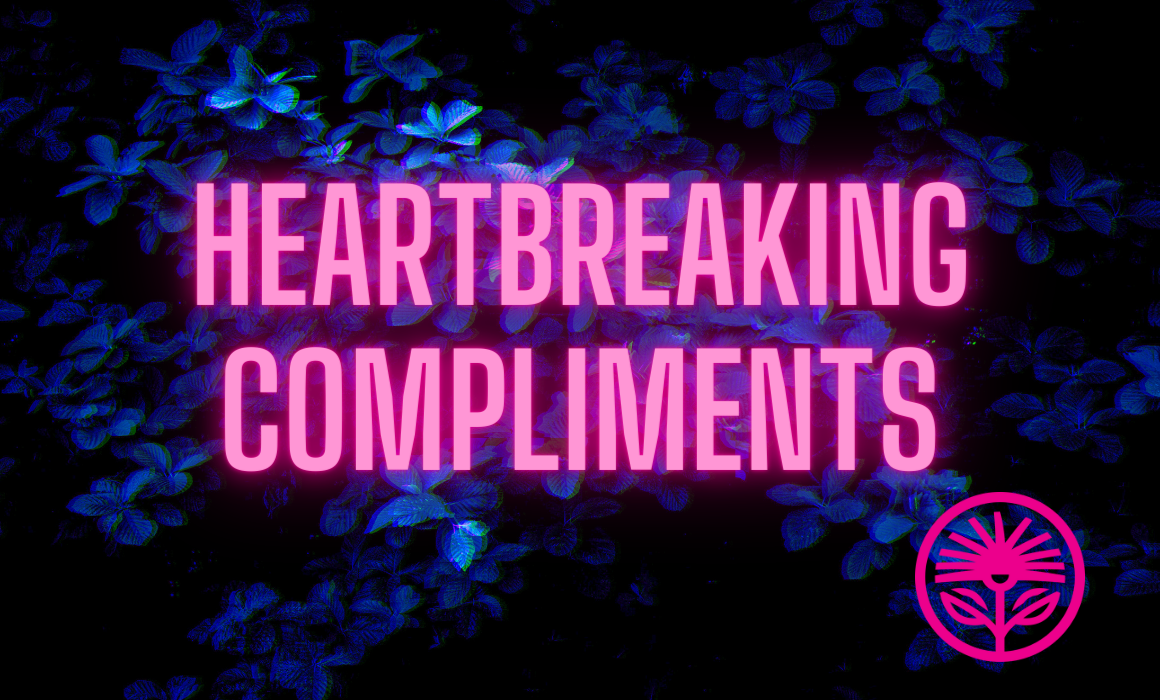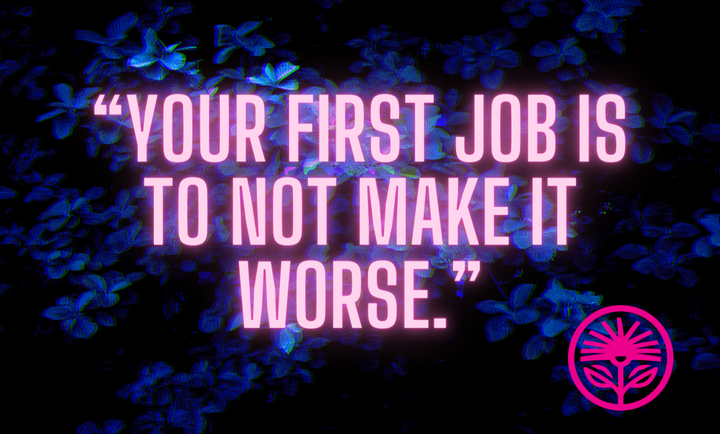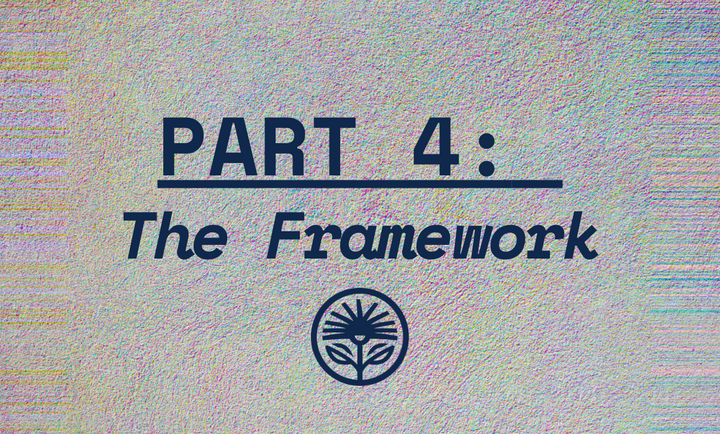Kelford Labs Weekly: Heartbreaking Compliments
Turning negatives into sales.

“The secret to being found online is referencing your prospect’s specific problem using the exact language they’d use.”
— David A. Fields, The Irresistible Consultant’s Guide to Winning Clients
When developing a value proposition for a client, there are about 10 vital questions I ask every time that help me grasp their value in my head before I can start articulating it.
One of those questions is what I call the “heartbreaking compliment.”
Basically, what is the compliment—or testimonial or referral—you’ve gotten (or regularly get) that makes you, at least momentarily, feel bad?
You might think of this in terms of “backhanded compliments,” except that they’re meant to be kind. They just come across as having missed the point, or even accidentally insulting.
Here are a few examples that entrepreneurs I’ve worked with have heard from their clients:
“You were surprisingly affordable.” Ouch.
“I didn’t expect to see such great results.” Huh.
“It was complicated, but it worked.” Yay?
“You were really easy to work with.” Great.
There’s no question, these are positive statements. But they feel a little bad, don’t they?
Now, I don’t ask this question just to make my clients feel uncomfortable for a moment, it’s actually important and extremely helpful.
Because those heartbreaking compliments tell you exactly how the client weighed your value, and where they saw the greatest benefit. Telling you what surprised them, or what was more difficult or challenging than they imagined, gives you absolute marketing gold you can apply going forward.
How? Because, as risk communicator Peter Sandman said, “Admissions against interest are intrinsically credible.”
“If you tell me not to worry about anything, I will end up worrying about everything. But if you tell me what is worth worrying about, then I am more likely to drop the focus on side issues.”
— Peter Sandman, Responding to Community Outrage
If you tell someone something they think you wouldn’t want them to hear, they’ll believe you. And they’ll be more inclined to believe everything that comes after it.
Here’s how it works:
Let’s say you’re a consultant with an thorough process, and the testimonial or compliment you receive is: “It wasn’t easy, but we got the results we were hoping for.”
Instead of feeling bad about that, you actually have an additional tool to use in your sales and marketing conversations. Because you know the exact stumbling block your prospects are likely to run into: your process.
Or, more accurately, the client’s expectations about your process. That compliment tells you that client found your process more difficult, more challenging, or even more time-consuming than they’d imagined.
So instead of waiting for them to find that out later, deeper in the sales conversation or even after the first sale is made, you can make it explicit up front.
You can say something like, “Now, from time to time, our process can be a bit of a slog, I’ll admit. We’re in your corner and supporting you, but that means we might have to push a bit sometimes. But that’s how you know we’ve got your back. So we’ll make sure you always know what’s happening so you can lock in the space in your calendar.”
And now you’ve demonstrated your expertise, experience, and customer service—all while making sure no one’s surprised that your process is in-depth.
“An advertiser suffered much from substitution. He said, ‘Look out for substitutes,’ ‘Be sure you get this brand,’ etc., with no effect. Those were selfish appeals. Then he said, ‘Try our rivals’ too’ — said it in his headlines. He invited comparisons and showed that he did not fear them. That corrected the situation. Buyers were careful to get the brand so conspicuously superior that its maker could court a trial of the rest.”
— Claude C. Hopkins, Scientific Advertising (1923)
What if your regular heartbreaking compliment is something along the lines of, “You were easy to work with”?
While this is obviously a good thing, it can sometimes feel like it’s missing the real value. Shouldn’t that be the floor?
Well, maybe it should. But it isn’t—lots of businesses (heck, whole industries) have reputations for being truly difficult to work with. So if you’re in one of those spaces, this is a profound and admirable compliment to receive.
And it can be a real selling point.
You can say something like, “Look, I know my industry isn’t exactly famous for being easy to work with. We’ve probably been guilty of being a little [frustrating / forceful / defensive / insert your industry’s common criticism here] ourselves in the past. But what we’ve worked really hard on is making the process of getting the work done extremely smooth for our clients, so the momentum doesn’t slow down or get blocked by something on our side.”
See how it works? You take the thing that didn’t feel great before—the subtle negative implied by the compliment—and you’ve hung a lantern on it.
Which makes you so much more believable and credible because you’ve said the thing everyone’s thinking—or fearing. As one military historian put it, “A sound rule of historical evidence is that while assertions should be treated with critical doubt, admissions are likely to be reliable.”
So, what’s your heartbreaking compliment?
What do you regularly hear that makes you wonder if they missed the point?
And how can you make that point for them, and become instantly credible?



